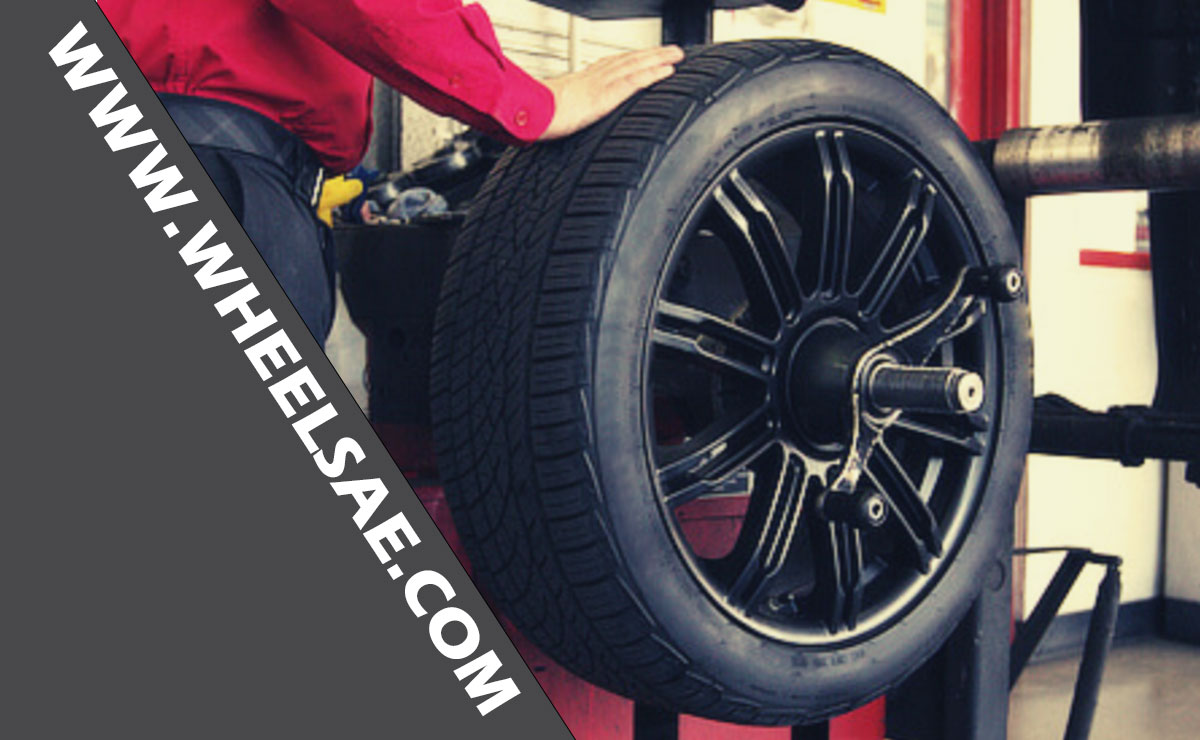wheel balancing importance
10 Reasons Why Wheel Balancing Importance Should Never Be Ignored
1. What Is Wheel Balancing?
Wheel balancing is the process of evenly distributing the weight of the wheel and tire assembly to ensure it spins smoothly at high speeds. It’s typically done by attaching small weights to the rim to correct imbalances.
The goal? Eliminate vibrations, reduce tire wear, and protect suspension components.
⸻
2. Why Wheel Balancing Is Important
The importance of wheel balancing lies in how it affects nearly every aspect of your vehicle’s performance:
• It creates a smoother ride by eliminating vibration.
• It extends tire life by preventing uneven wear.
• It increases fuel efficiency by reducing rolling resistance.
• It protects your suspension by reducing stress on shocks and bushings.
• It improves driving safety, especially at highway speeds.
Wheel balancing importance
⸻
3. Symptoms of Unbalanced Wheels
Wondering if your wheels are unbalanced? Common symptoms include:
• Vibration in the steering wheel or floorboard
• Uneven or rapid tire wear
• Humming or buzzing noises while driving
• Pulling sensation to one side
• A wobbly feeling at certain speeds
⸻
4. Risks of Driving With Unbalanced Tires
Unbalanced wheels may seem like a small issue at first, but they can lead to serious problems such as:
• Premature and uneven tire wear
• Damage to the suspension and steering systems
• Reduced control at higher speeds
• Poor fuel economy
• Increased risk of tire blowouts over time
In the UAE, where long-distance highway driving and extreme heat are common, the risk is even higher.
⸻
5. How Wheel Balancing Is Done
Professional wheel balancing is done using advanced machines that detect even the slightest imbalance.
1. The tire and wheel are mounted on a balancing machine.
2. The machine spins the assembly and measures vibration.
3. Small weights are added to the rim to balance the tire.
4. The wheel is re-tested to ensure balance.
Dynamic balancing (for both vertical and lateral imbalance) is most common today, especially for alloy and off-road wheels.
Wheel balancing importance
⸻
6. How Often Should You Balance Your Wheels?
You should balance your wheels:
• Every 10,000 to 12,000 km
• When installing new tires
• After hitting a pothole or curb
• If you feel vibration or wobble
• After rotating or repairing tires
For drivers in the GCC, balancing more frequently is smart due to climate and road conditions.
Wheel balancing importance
⸻
7. Wheel Balancing vs Wheel Alignment
Although many people confuse wheel balancing and wheel alignment, they are two very different services with unique purposes:
Wheel balancing focuses on the distribution of weight around the wheel and tire. If a wheel is not balanced, it will cause vibration at certain speeds and uneven tire wear. The solution is to add small weights to counter the imbalance. This procedure is done when installing new tires or if you feel shaking in the steering wheel.
Wheel alignment, on the other hand, involves adjusting the angles of the wheels so they sit perfectly straight and parallel. It corrects issues like the car pulling to one side, uneven steering, or worn suspension components. Alignment is often necessary after hitting a deep pothole or curb, or if you notice uneven wear on the inner or outer edges of your tires.
In summary:
• Wheel balancing = smooth rotation
• Wheel alignment = correct angle and position
Both are essential, but serve very different functions.
⸻
8. How Much Does Wheel Balancing Cost in UAE?
• Passenger cars: AED 40–60 per wheel
• 4×4 / Off-road vehicles: AED 70–90 per wheel
• Premium/luxury wheels: AED 100+ (especially with road force balancing)
Some tire shops offer free wheel balancing when you buy new tires—check before booking!
⸻
9. Wheel Balancing for Alloy vs Steel Wheels
• Alloy wheels are more sensitive and often require dynamic balancing due to their design.
• Steel wheels are more durable but heavier; they can sometimes be balanced statically.
• Off-road wheels take more abuse and should be balanced more frequently.
WA series rims like WA-T326 or WA-H8515 are best balanced dynamically for max performance.
⸻
10. Final Thoughts on Wheel Balancing Importance
Wheel balancing is one of the most affordable services you can do that has a huge impact on your car’s safety, comfort, and performance. Whether you’re using stock steel wheels or upgraded alloys, making sure they’re perfectly balanced is key.
Don’t wait for a vibration to remind you—make wheel balancing part of your regular maintenance schedule.
⸻
FAQs About Wheel Balancing
Q1: Is wheel balancing really necessary?
Yes. It’s essential for tire health and driving stability.
Q2: Can I drive with unbalanced wheels?
Technically yes, but you’ll risk tire and suspension damage.
Q3: How long does wheel balancing take?
Typically 20–30 minutes per set of 4 wheels.
Q4: Do I need to balance brand-new wheels?
Yes, even new tires and rims can be slightly imbalanced from the factory.
⸻
Looking for new wheels? Check out our latest alloy wheel collection – balancing included with every purchase!
Learn more about balancing from Bridgestone
⸻
1. The wheel balancing importance goes far beyond comfort—it directly impacts your vehicle’s safety, tire health, and fuel efficiency.
2. Many drivers underestimate the wheel balancing importance until they experience steering vibration or uneven tire wear.
3. If you drive regularly in the UAE, wheel balancing importance becomes even more critical due to long-distance heat and terrain stress.
4. Whether you own a sedan, SUV, or off-road vehicle, understanding wheel balancing importance will save you money and mechanical trouble.
_______
Bonus SEO Keywords:
importance of wheel balancing
wheel balancing dubai
unbalanced tire vibration
dynamic wheel balancing uae
wheel balancing vs alignment
car shakes at high speed
when to balance tires
off-road wheel balance
alloy wheel balance service
WA-T326 balance required
⸻

